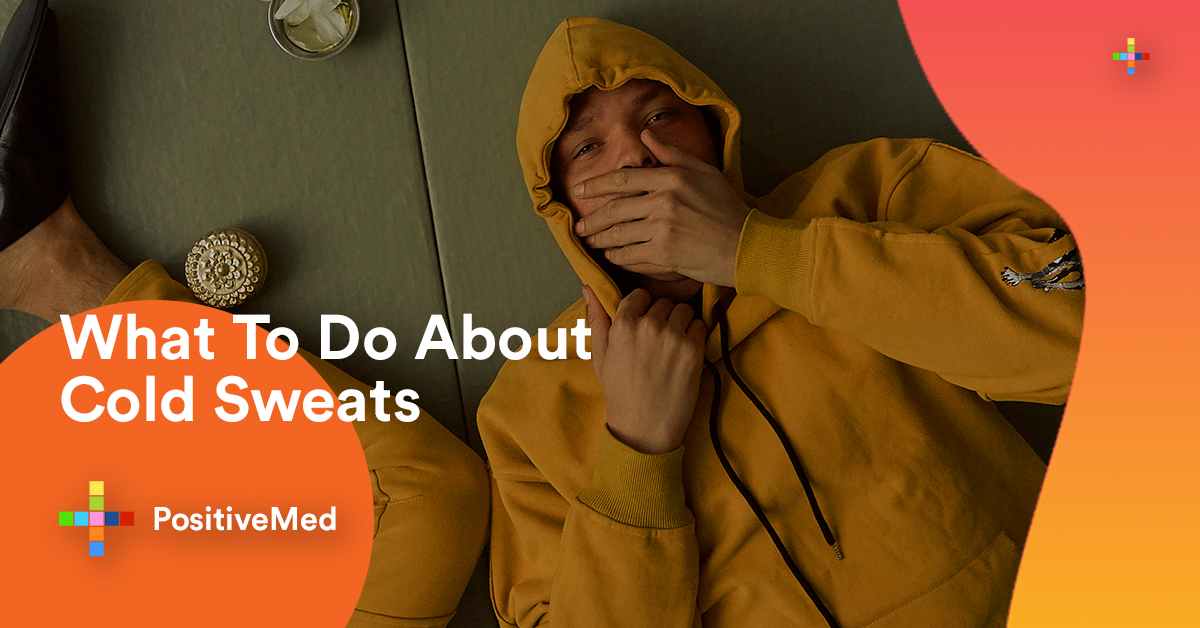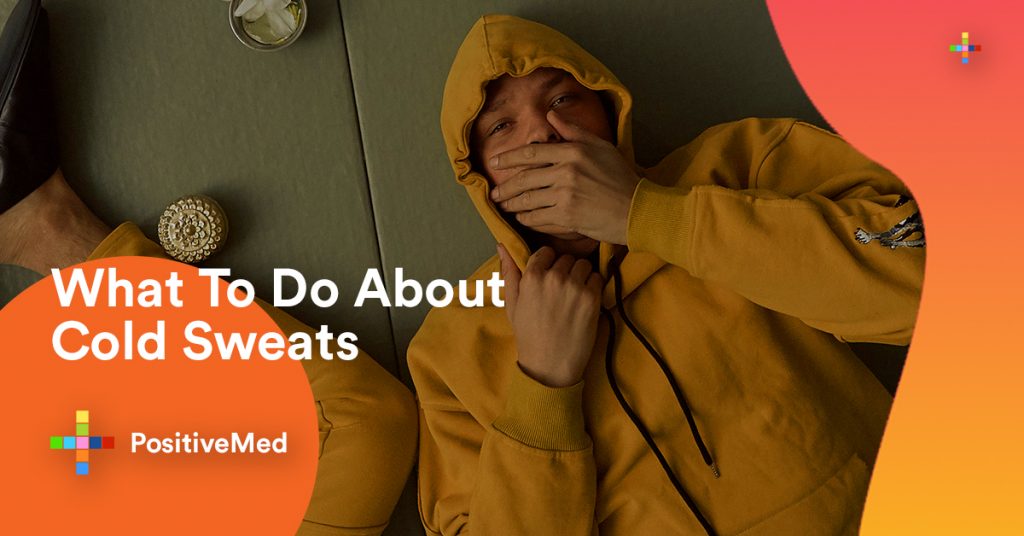Cold sweats are the common term that is used to describe the condition in which a person gets perspirations but with no presence of heat. Cold sweat is an indication of sudden and significant stress. The stress can be psychological or physical in origin or both.

What Causes Cold Sweat
Stress and anxiety are the most common triggers for the flight or fight response leading to cold sweats. There are other conditions and situations that can cause cold sweat and they may include the following:
• Anxiety disorders. Cold sweat may be a symptom of social anxiety, panic attack, and generalized anxiety. If you experience cold sweats together with overwhelming levels of anxiety, see a doctor for treatment options.
• Heart attack. Cold sweat may be an early warning sign of a heart attack. If you feel clammy and sweaty, experience shortness of breath and pain in the chest, seek urgent medical attention.
• Pain and shock. Cold sweats with pain as a result of accidents or injuries is a sign of low blood pressure, blood diversion to major organs, and increased heart rate. Medical attention is needed immediately.
• Hypoglycemia This is a condition of having low blood levels. It is a potential risk for those people with diabetes and causes cold sweats.
• Hypoxia This is a condition of lack of enough oxygen in the body. It may happen as a result of injury, blockage, or exposure to allergens or poisons.
• Infection Cold sweats can be a response sign by the body to infections such as HIV and tuberculosis.
• Menopause, hot flashes, and night sweats. Hormonal changes associated with menopause and perimenopause can trigger bursts of cold sweats.
Symptoms
Cold sweats are caused by various different conditions. They are mostly associated with the body’s response to ‘fight or flight’. This usually happens when the body prepares to run or to be hurt.
They are also common to many conditions that do not allow blood or oxygen to circulate throughout the body. The physical responses triggered by stress may include:
Rapid and shallow breathing
Reduced flow of blood to the digestive system resulting in less saliva and dry mouth
Faster heartbeat
Opening of sweat glands
Release of endorphins
Treatments
Here are the tips that can help you to manage and prevent cold sweats using home remedies:
Keep the skin clean and dry
Bathe regularly using antibacterial soap to help you reduce odors that come as a result of cold sweats. By ensuring that your skin is dry, keep the bacteria at bay thus reducing the discomfort of clammy cold sweats.
Wear absorbent footwear.
Wear wool socks for sports to absorb the moisture and help you with cold sweats.
Alternate shoes
Wear different shoes on different days or activities to keep your feet dry and reduce odor.
Adjust your diet
Foods and beverages with caffeine can make you sweat. Therefore, reduce consumption of such to minimize cold sweats.
Find ways to relax
Practice meditation, yoga, and biofeedback. This helps you reduce the stress that is at the root of the cold sweats.
There are times that the underlying condition may be evident, for instance, if a person is sweating due to shock or pain of an injury. The injury can be treated and the symptoms of the shock managed to control the cold sweats.
Edited by: Jessa (Jan. 30, 2019)






